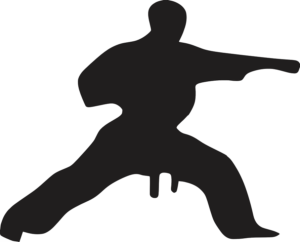Currently I work in the Engineering Department at a company that makes hand-crafted, wrought iron lights for really rich people. I take sketches from our design team, or from the customer, and figure out how to build them, creat blue prints (except there’s no blue involved anymore) for the guys in the shop and send the project out.
I’ve been at this job for fifteen years. And I love the work. I like figuring out how to make a light that looks like a gondola, or a hat. I enjoy most of the people I work with. And I’m good at what I do.
But it’s not what I really want to be doing.
A couple of years ago, not long after I got married, I went part time at my day job and part time writing. Since then I’ve put out seven novels, three novellas and a handful of short stories. I tried the traditional publishing path, then converted to hybrid (both traditional and indie). I’ve never replace my monthly income from my day job with my writing…but I could.
- If I learned marketing.
- If I figured out Facebook Ads.
- If I read some books on business.
- If I spent more time researching Amazon and keywords.
- If I wrote romance.
- If I had 10k people on my newsletter.
If, if, if…All of these things have been hanging over my head all year. If only I had time to (fill in the blank) I would be a more successful writer.
Now, plenty of people hold down full-time jobs and are successful writers. Some are stay at home moms who work even harder than those with full-time jobs. So I kind of feel like a whiner when I say that I need more time.
But then my husband pointed something out. What I do for my day job is mentally taxing. It uses my creative energy, and often I come home with little to none left.
And as I thought about that, I thought about the fact that I was putting 25-30 hours
a week toward a career that I was never going to cultivate. I learn new things all the time, but I’m not particularly motivated to memorize how many LED drivers and chips are needed for a twenty foot chandelier that looks like elk horns. Or how to use the new 3D program when I’m faster than everyone else in the 2D program I’ve worked in for twenty years.
The realization came to me that I wasn’t being fair to either of my careers.
My inner writer was always upset that I put my day job first, and I wasn’t giving my full effort to my day job, because it’s not the job I want.
So, a few months ago I decided that this would be my last year at my current job. Starting today, December 22nd, I will officially be a full-time writer!
Which is both exhilarating and terrifying. I might crash and burn, or I might rise out of obscurity and into the realms of those selling enough books to replace my lost income. I’ve tried to prepare, but to tell you the truth, I think it’s going to be like getting thrown into the fire no matter what. But a bit of fire is good in the winter, right?



